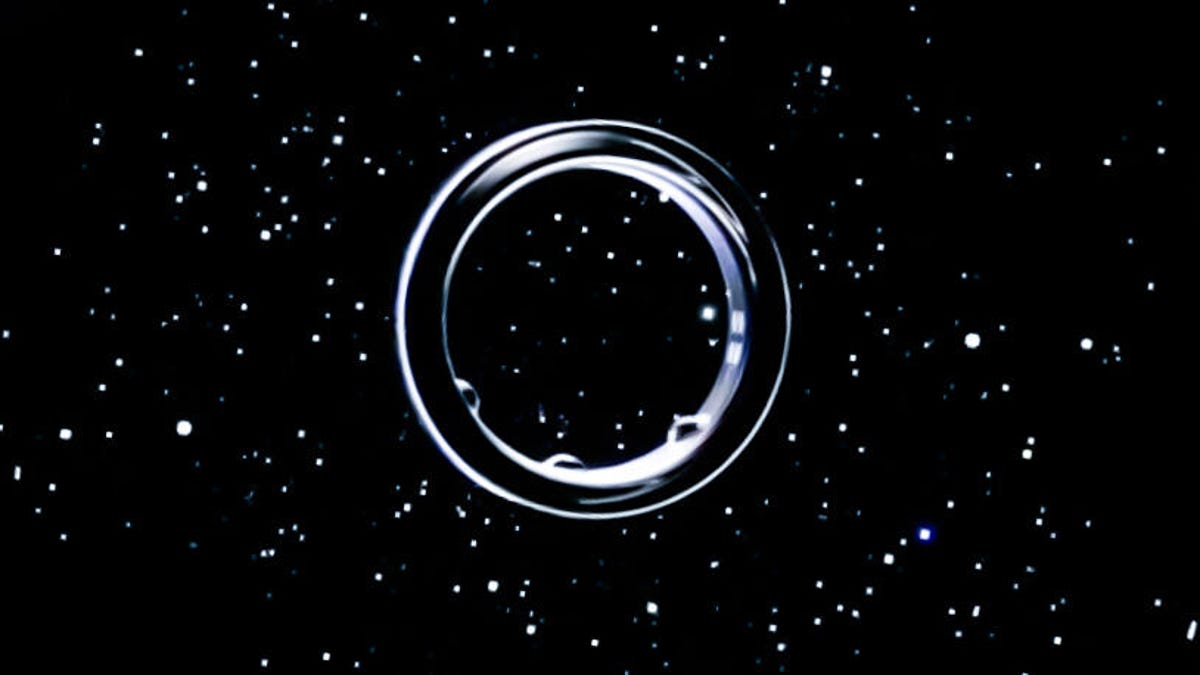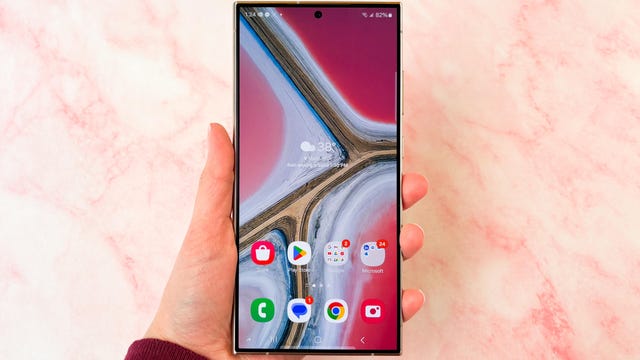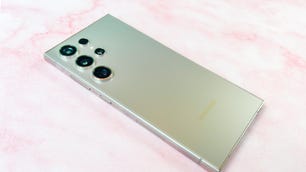From smartwatches to wireless earbuds, Samsung is no stranger to the world of wearables. But this year, it’s expanding into an entirely new category: smart rings. The smartphone giant teased its new Galaxy Ring at an event in January, signaling a major expansion of its health tracking efforts.
The problem, however, is that Samsung hasn’t revealed much about what to expect from the Galaxy Ring. The company showed the device in a vague video clip at the end of its presentation, but left out key details like how much it will cost, when it will arrive and most importantly, what exactly it will do.
But Samsung’s comments suggest health tracking will be the ring’s main purpose, following the lead of the Oura, Evie and other tiny wellness devices designed to be worn around the finger.
Here’s what we know about the Galaxy Ring so far. This story will be updated as we learn more details.
Read more: Samsung’s Surprise Galaxy Ring: Who’s This Actually For?
The Galaxy Ring’s features will be all about health
The Galaxy Ring will undoubtedly be a health tracking device. Though Samsung didn’t say much about the product itself, Samsung Research America’s Matthew Wiggins introduced the ring during Samsung’s Unpacked keynote presentation by saying the company was “taking the possibilities of Samsung Health to the next level.” He also described the ring as a “powerful and accessible health and wellness device.”
Samsung’s general approach to health tracking comes down to four areas of focus: activity, nutrition, sleep and stress. That’s according to Hon Pak, vice president and head of the digital health team for the mobile experience business at Samsung Electronics, who sat down with CNET following Samsung Unpacked last month.
Those core categories could provide a clue about the health features we can expect on the Galaxy Ring. Samsung’s direction will also be reflected in some new features coming to the Samsung Health app that were announced at Unpacked, such as My Vitality Score and Booster Card. The former is similar to Oura’s Readiness Score and Garmin’s Body Battery, and it’s meant to gauge your physical and mental readiness by assessing things like sleep, activity, resting heart rate and heart rate variability. Booster Card, meanwhile, surfaces insights and tips throughout the day, such as providing observations that might explain why your sleep score was low last night.
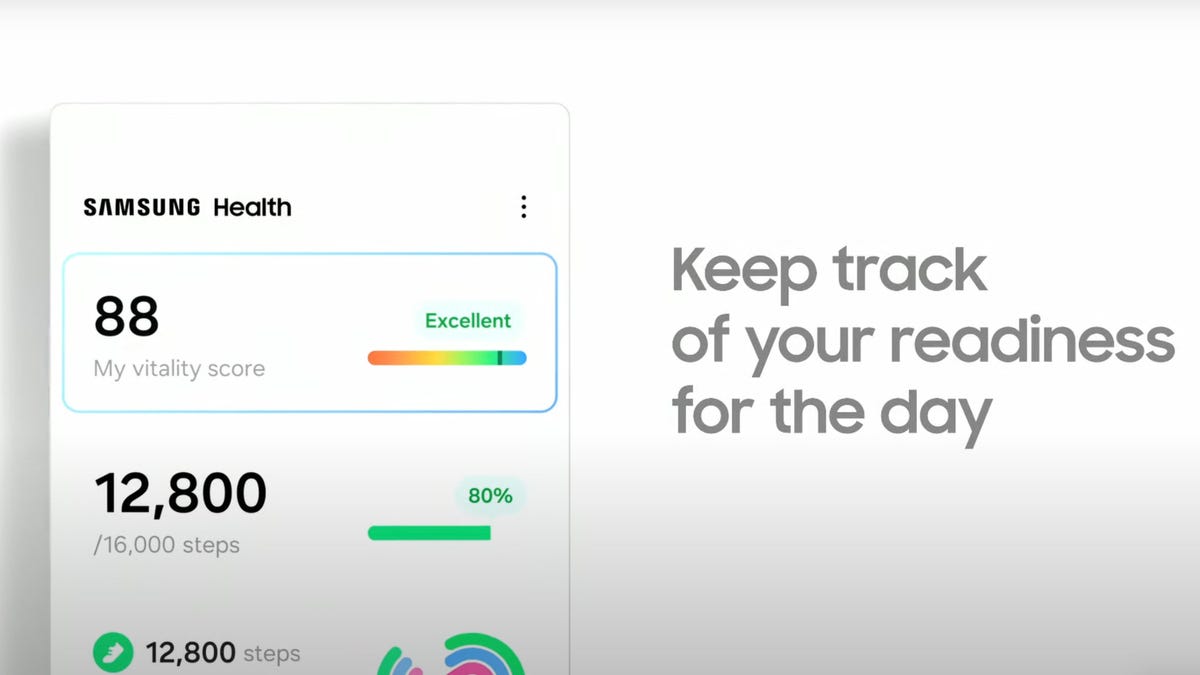
Since the Galaxy Ring will support My Vitality Score, it seems plausible the ring will measure these types of metrics. Samsung’s new feature will also include an interactive cognitive alertness test that can help wearers understand if their score is accurate, which will be available on both the Galaxy Ring and Galaxy Watch, Pak said in our previous interview.
Pak didn’t share additional details, but the Galaxy Ring wouldn’t be the first wearable device to offer cognitive tests. The Pison Ready wristband, which I tried at CES 2024, has an agility test that required me to quickly respond to flashing lights coming from the wristband by opening my hand.
Sleep in particular will also likely be a big area of focus for the Galaxy Ring, given that it’s smaller and less obtrusive to wear overnight compared to a smartwatch. Smart rings also typically offer longer battery life than smartwatches and fitness bands, thanks to their minimalist, screen-free designs.
“Some people want a more simple form factor, and [the] ring represents that,” Pak said following Unpacked. “And then it’s got to be stylish, it’s got to be comfortable, it’s got to have long battery life. And those are the characteristics that we’re working on.”
Even though Samsung hasn’t said much about which health features the ring will include, a report from Korean news outlet ETNews suggests it could have ECG monitoring and tools for measuring blood flow. And while health tracking is expected to be the ring’s main focus, ETNews also says it could include support for wireless payments and the ability to control other devices.
Read more: The Biggest Questions to Ask Yourself Before Buying a Smartwatch
Galaxy Ring colors: Likely 3 options to choose from

If the final version of the Galaxy Ring is the same as the prototype I saw after Unpacked, it will come in three colors: silver, dark gray and gold. ETNews also reports that the ring could come in eight sizes.
The design is simplistic and sleek, almost resembling a traditional groom’s wedding band. It looks similar to the Oura ring. And like the Oura ring, most people are likely to mistake it for a regular piece of jewelry. (Samsung wouldn’t allow me to take photos.)
The Galaxy Ring will be Android only
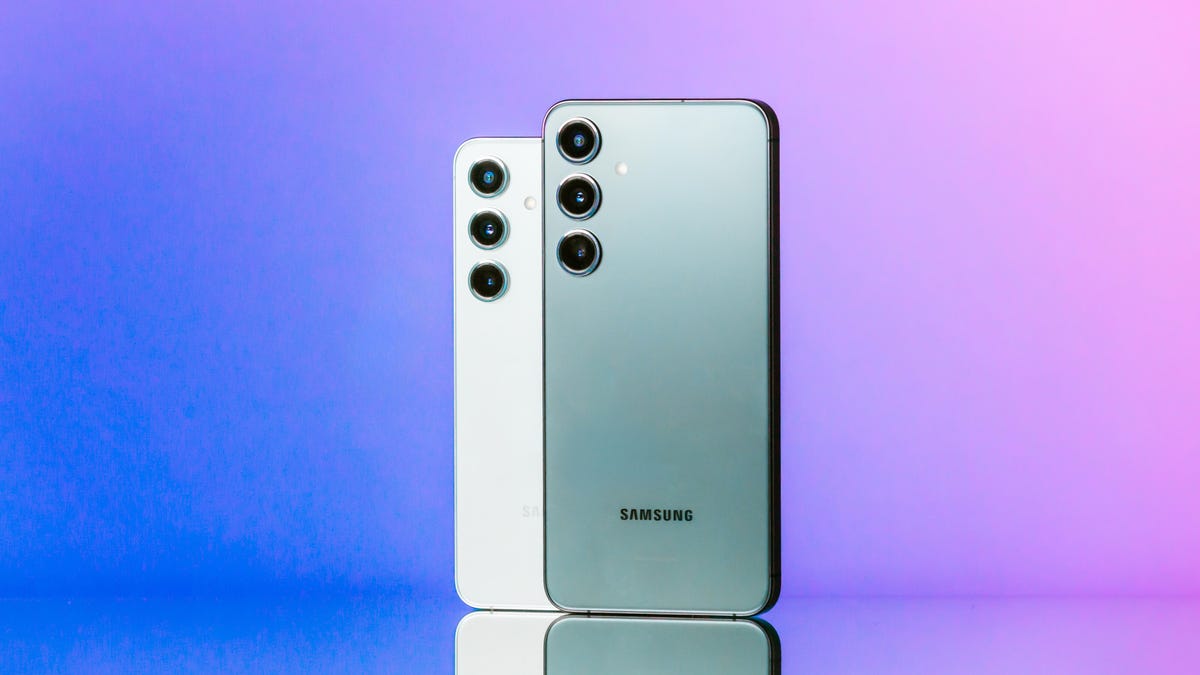
Samsung’s smart ring will be compatible with Android devices, similar to the Galaxy Watch. But it’s unclear if that will always be the case. When asked if the Galaxy Ring would be Android only, Pak responded, “Right now, yes.” It’s too soon to know more about Samsung’s future plans for the Galaxy Ring, but opening it up to the iPhone would certainly allow it to be more competitive with Oura.
The Galaxy Ring’s price and release date are unknown
Samsung hasn’t said a word about how much the Galaxy Ring will cost or when it will launch. But other smart rings, like the Oura Ring, Evie Ring and Ultrahuman Ring Air typically cost between $269 and $350 depending on the model. It wouldn’t be surprising to see the Galaxy Ring fall somewhere within that range.
Samsung typically releases new Galaxy Watch models in the August time frame alongside its new Galaxy Z Fold and Z Flip foldable phones. That would be an ideal time to formally introduce the Galaxy Ring, since it shares similarities with the Galaxy Watch. According to ETNews, Samsung will introduce the device at an Unpacked event in July.
We’ll have to wait to hear more details from Samsung. But if one thing seems certain, it’s that Samsung is doubling down on its health tracking ambitions with the Galaxy Ring.
